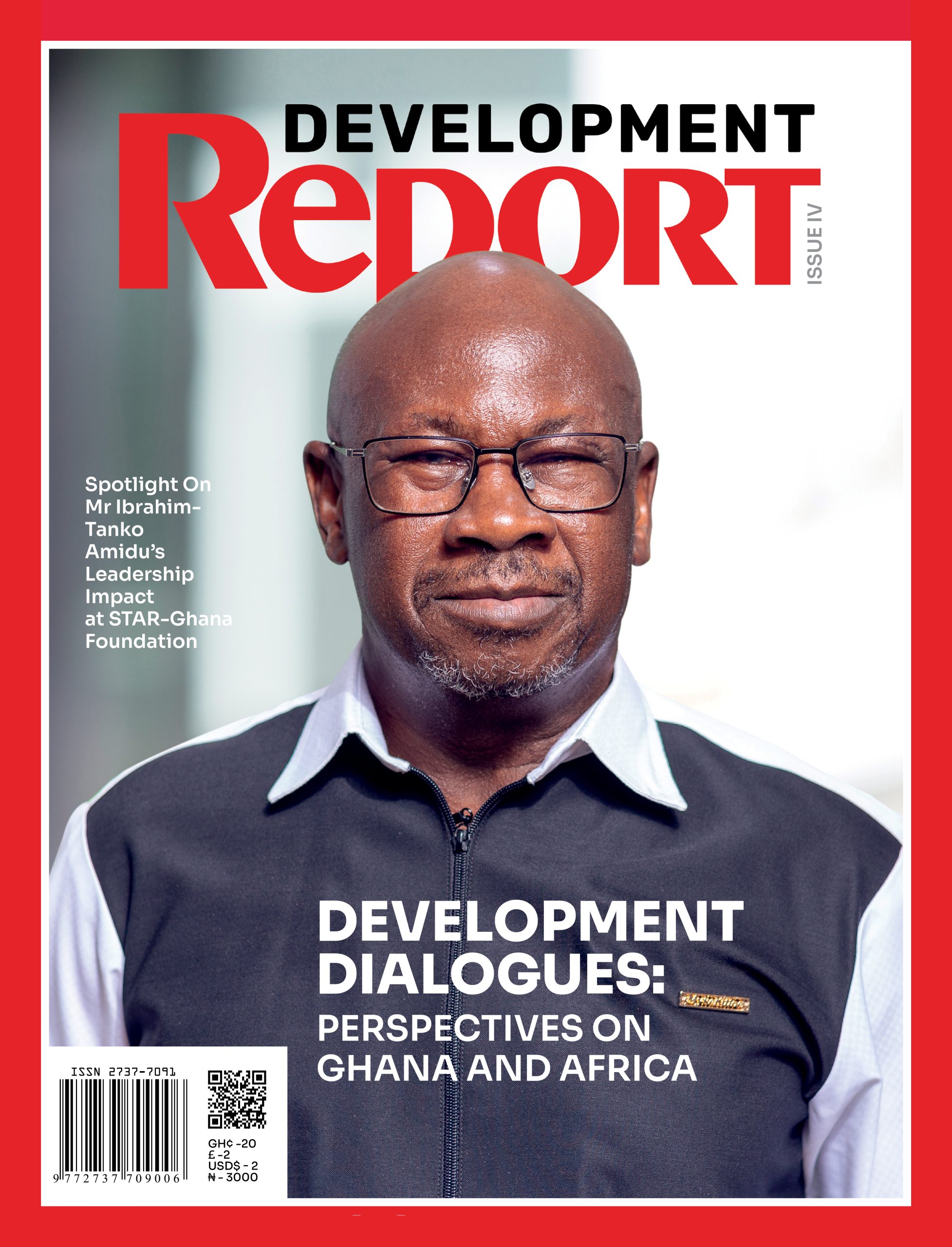This Content Is Only For Subscribers
As part of the mandate to facilitate the provision of potable water and sanitation facilities to small towns and rural communities in Ghana and the launch of the Community Water and Sanitation Agency (CWSA) Policy Reform in 2017, the Administration and Human Resource (HR) Department has since initiated ‘Talent Pool’, to aid the management of water facilities provided to communities in Ghana.
Explaining the purpose of the Talent Pool, the Ag. Director, Administration and Human Resource, Mr. Kwame Sekyi-Akomea said, “We believe one sure way to get ready staff to work with, is to have a Talent Pool so anytime any day you want a new professional you don’t go through the cycle of recruitment”
Before then, we provided the facility and requested the communities to manage after we had given them some form of training. However, it became a vicious cycle where after a few years the system would break down and we had to go back to rehabilitate and give it back to them.
Conceding inadequate Human Resource and technical expertise as one of the challenges that hindered the achievement of the Agency’s set goals in the past, Mr. Kwame Sekyi-Akomea explained that the HR ‘Talent Pool’ initiative seeks to engage and train young technical men and women across the 16 regions of the country to manage the water systems. “Before then, we provided the facility and requested the communities to manage after we had given them some form of training. However, it became a vicious cycle where after a few years the system would break down and we had to go back to rehabilitate and give it back to them”. Continue Here


